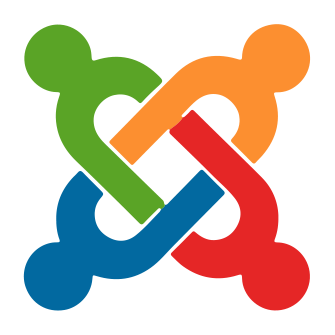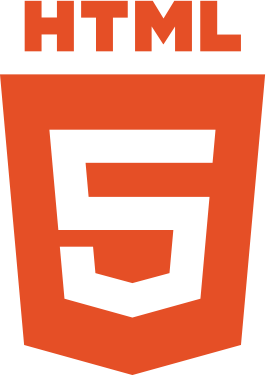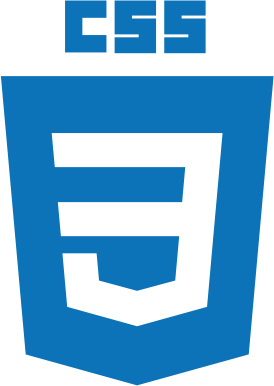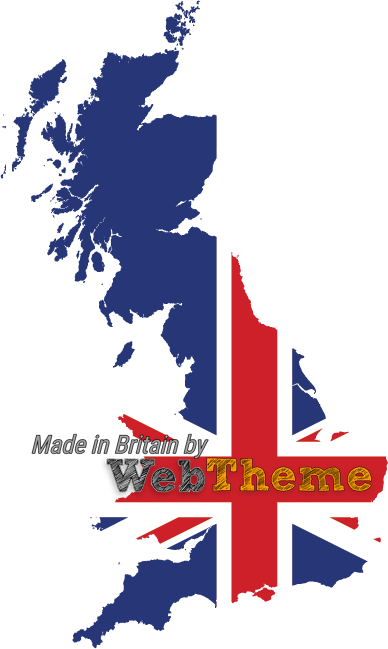We use HTML, CSS, and JavaScript to build websites
As a web designer/developer, the three main languages we use to build websites are HTML, CSS, and JavaScript.
JavaScript is the programming language, we use HTML to structure the site, and we use CSS to design and layout the web page.
These days, CSS has become more than just a design language, though. You can actually implement animations and smooth transitions with just CSS.
HTML is supported by all modern web browsers
HTML, or HyperText Markup Language, is the foundation of the web. It’s the language used to create websites and web applications, and is essential for anyone who wants to build an online presence. In this article, we’ll explore some of the benefits of HTML for your website.
Compatibility One of the biggest advantages of HTML is its compatibility. HTML is supported by all modern web browsers, including Chrome, Firefox, Safari, and Edge, as well as many older browsers. This means that your website will be accessible to a wide audience, regardless of the device or browser they’re using.
Flexibility HTML is highly flexible, making it ideal for businesses and organizations that have unique needs and requirements. It’s a versatile language that can be used to create a wide range of websites, from simple blogs to complex e-commerce platforms. HTML also works well with other web technologies, such as CSS and JavaScript, allowing you to create dynamic and interactive websites.
Control With HTML, you have complete control over your website. You can create your website exactly as you want it, without having to rely on third-party platforms or templates. This gives you the freedom to customize your website to match your brand and design requirements, and to add the features and functionality that you need.
SEO-Friendly HTML is highly SEO-friendly, with built-in features that make it easy to optimize your website for search engines. By using proper HTML structure, including headings, paragraphs, and semantic markup, you can improve your website’s visibility in search engine results pages (SERPs) and attract more organic traffic.








